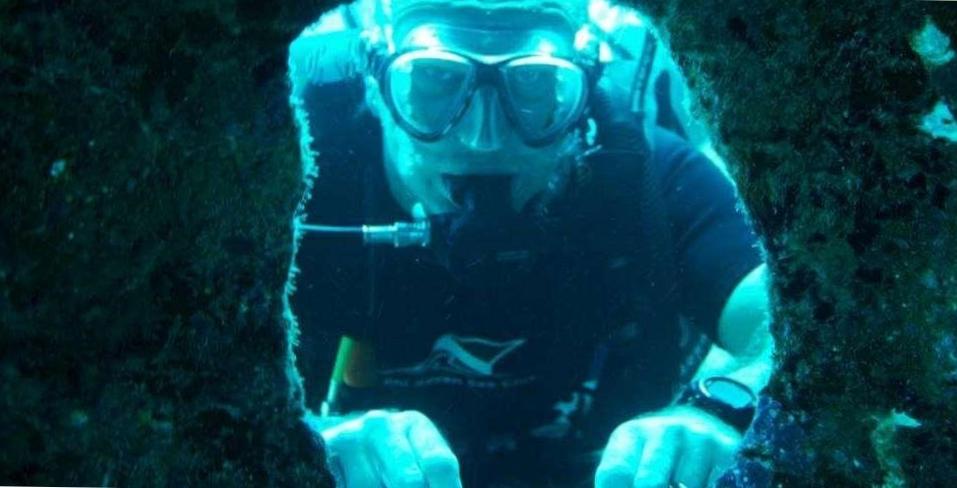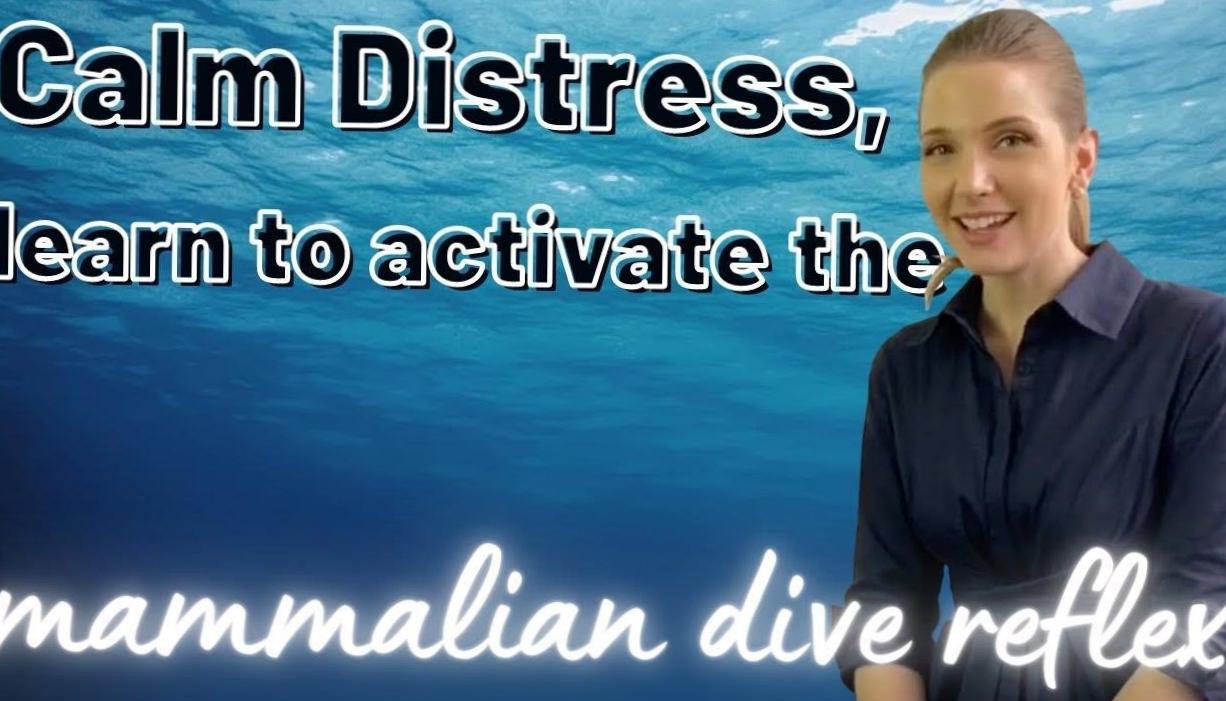Dive Deep vs Deep Dive: Exploring the Differences and Usage
Dive Deep vs Deep Dive: Exploring the Differences and Usage
Have you ever wondered about the difference between «dive deep» and «deep dive»? These two expressions may sound similar, but their meanings and usage can be quite distinct. In this article, we will take a closer look at these phrases and delve into their nuances. Whether you are a language enthusiast or simply curious about these idioms, join us as we navigate the depths of language exploration. Get ready to dive into the explanations – it’s going to be an intriguing journey!
Dive Deep vs Deep Dive: Exploring the Differences and Usage
Are you confused about the differences between «dive deep» and «deep dive»? You’re not alone! While these phrases might appear to have similar meanings, there are subtle distinctions in their usage. Let’s unravel the mystery and understand when and how to use each phrase correctly.
First, let’s take a closer look at «dive deep.» This phrase is often used metaphorically, describing the act of delving into a topic or exploring it in great detail. It suggests thorough investigation or intensive examination. For example, you might say, «I need to dive deep into this research project to gather all the necessary information.» In this sense, the phrase emphasizes the depth of analysis or immersion.
On the other hand, «deep dive» is a noun phrase that originated from the world of scuba diving. It refers to a methodical and comprehensive exploration of a particular subject or problem. It involves examining all aspects thoroughly and exhaustively. For instance, you could say, «Our team conducted a deep dive into the customer feedback to identify areas for improvement.» In this case, the phrase implies a focused investigation or an in-depth study.
While the meanings overlap to some extent, «dive deep» places more emphasis on the act of delving into a topic, whereas «deep dive» focuses on the result or outcome of the thorough investigation. It’s essential to keep this distinction in mind to ensure accurate usage in your communication.
So, when should you opt for one phrase over the other? Well, it depends on the context and your intention. If you want to highlight the process or emphasize thorough analysis, «dive deep» is your go-to phrase. Conversely, if you wish to emphasize the comprehensive exploration or investigation, «deep dive» is the more suitable choice.
To sum up, «dive deep» and «deep dive» although seemingly similar, have nuanced differences in usage. Understanding these distinctions allows you to communicate your ideas precisely and effectively. So, next time you’re tempted to use these phrases, take a moment to consider the context and choose the one that best conveys your intended meaning.
Dive Deep vs Deep Dive: Exploring the Differences and Usage
Have you ever come across the phrases «dive deep» and «deep dive» and wondered if they meant the same thing? While their meanings may seem similar at first glance, there are actually subtle differences in their usage. Let’s dive deep into the nuances of these expressions and discover how they can be used in different contexts.
The phrase «dive deep» is commonly used when referring to exploring a particular topic or subject in great detail. It emphasizes the depth of analysis or investigation one undertakes. For example, a researcher might say, «I need to dive deep into this data to uncover meaningful insights.» This suggests a thorough examination of the data, leaving no stone unturned.
In everyday conversations, people often use «dive deep» to express a desire to thoroughly understand a concept or gain extensive knowledge about a particular area of interest. It could be someone saying, «I want to dive deep into photography and master all its technical aspects.» In this case, the focus is on acquiring a comprehensive understanding and expertise in the field.
One important thing to note about the usage of «dive deep» is that it is typically followed by the preposition «into.» This emphasizes the act of delving deeply into something, whether it’s research, analysis, or learning.
It’s worth mentioning that «dive deep» can also be used metaphorically to describe delving into one’s emotions or thoughts. For instance, one might say, «I often dive deep into my memories when I’m feeling nostalgic.»
To summarize, «dive deep» is a versatile expression used to convey the act of exploring or analyzing a topic in depth. Whether it’s uncovering insights from data, gaining expertise in a field, or introspecting on personal experiences, this phrase encapsulates the aspiration to go beyond the surface and delve into the intricacies of a subject
Dive Deep vs Deep Dive: Exploring the Differences and Usage
Have you ever wondered about the distinction between «dive deep» and «deep dive»? These phrases may sound similar, but their meanings and usage actually vary. In this article, we’ll take a closer look at the differences and significance of a «deep dive». So, let’s dive right in and explore the depths of these expressions!
Firstly, let’s clarify their literal meanings. «Dive deep» usually refers to going beneath the surface level of something or delving into a topic or idea extensively. On the other hand, «deep dive» commonly refers to a comprehensive and thorough investigation or analysis of a subject. Both phrases imply a desire to understand or know more about a particular subject matter.
Now that we have a basic understanding, let’s talk about the significance of a «deep dive». Undertaking a deep dive offers a unique opportunity to gain in-depth knowledge and insights that may not be evident at first glance. By immersing oneself completely in a topic, one can uncover hidden nuances, connections, and a deeper understanding. This can be particularly valuable in decision-making processes, problem-solving scenarios, or when developing new strategies.
A deep dive also allows for a more comprehensive examination of complex matters. By digging deep into the details, one can identify underlying patterns, trends, or even potential issues that might have otherwise gone unnoticed. Whether you are a student, professional, or simply a lifelong learner, conducting a deep dive can be a transformative and enriching experience.
In conclusion, while «dive deep» and «deep dive» may have similar meanings on the surface, the subtle differences and significance of a «deep dive» make it an important phrase to be aware of. So, the next time you find yourself needing to explore a topic thoroughly or craving a deeper understanding, consider taking a deep dive. You never know what hidden treasures you might discover beneath the surface!
dive deep vs deep dive




